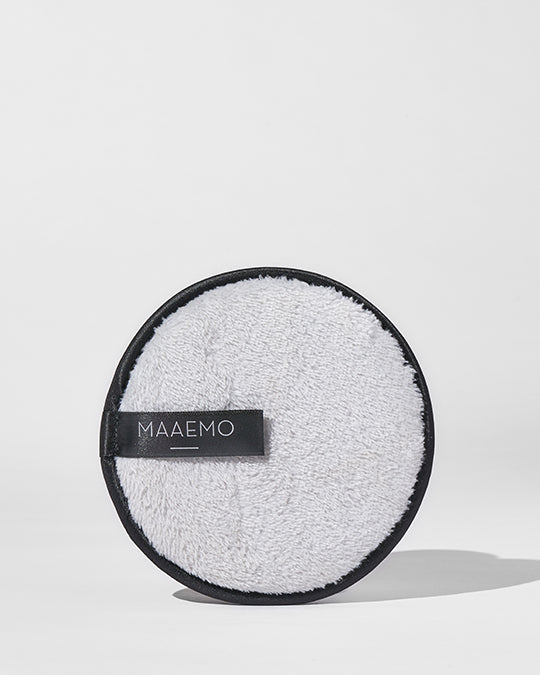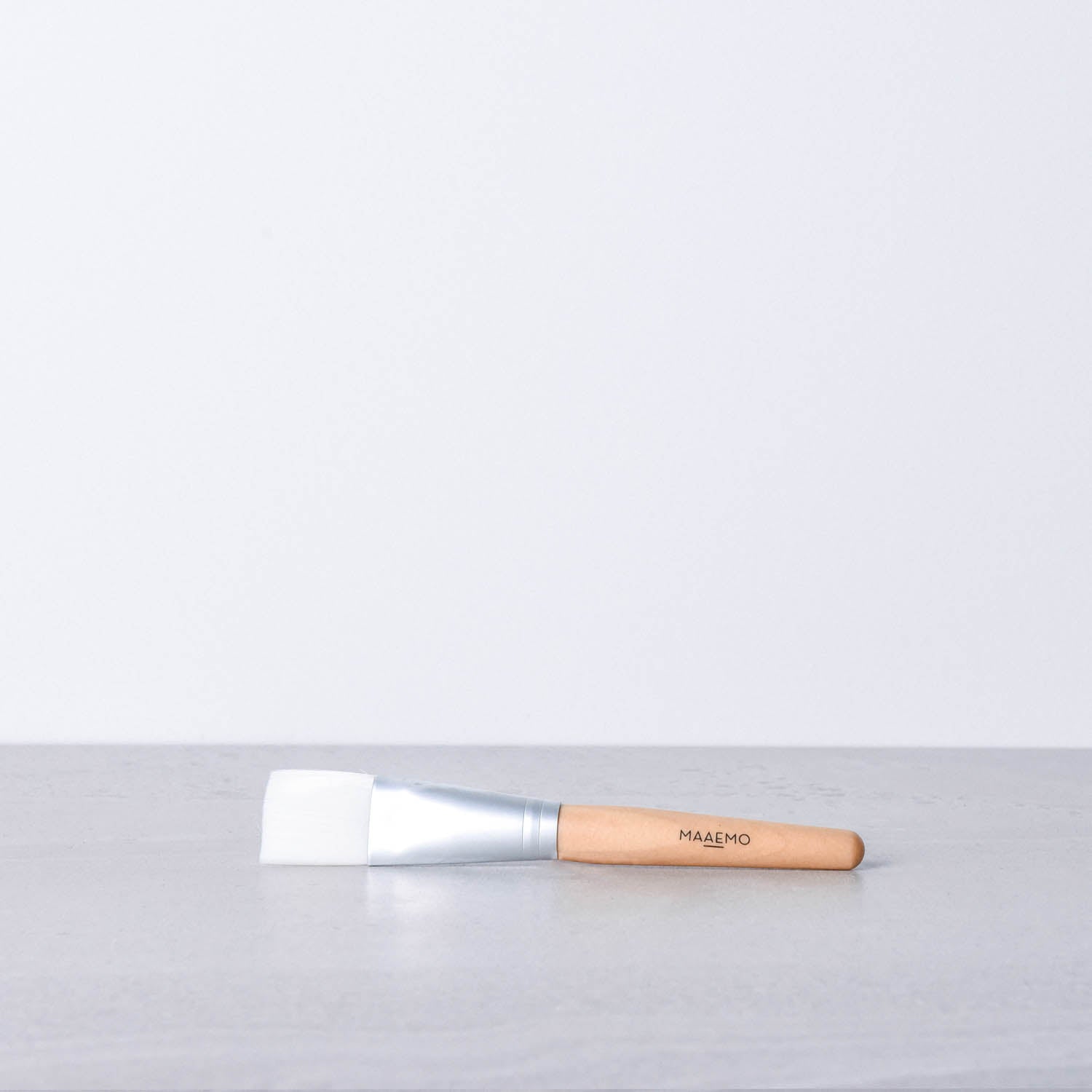The way your skin changes during pregnancy is very individual and it may even be different with each pregnancy - as it was with mine. The thing with pregnancy skincare though, is that you need to work with the way your skin is presenting at the time.
There’s no need to continue with the skincare routine you have been doing for your normal/combination skin if all of a sudden, you’re breaking out and/or experiencing hormonal acne and increased sensitivities. So how can you care for your skin if you are pregnant? Let’s chat about it a little more below.
Although first things first – you will always need to chat about your personal skincare and individualized skin treatments with your doctor and/or OBGYN. They will always know what’s best for you. Plus, there’s a lot of fear mongering in the skincare world when it comes to pregnancy and the ingredients/products you’re allowed to be using so it’s always best to check with your healthcare provider. Here is a quick rundown though on the ingredients that are blanket rule not recommended for use during pregnancy.
- Vitamin A- Evidence suggests prescription retinoids like Accutane pose a risk of birth defects, so the blanket medical recommendation is to avoid vitamin A altogether during pregnancy (and post-birth while breastfeeding).
- Hydroquinone- During pregnancy, it's recommended to avoid this skin lightening agent that's otherwise beneficial for treating certain skin concerns like melasma (human research is limited due to obvious ethical limitations, however studies on animals have shown it may have adverse effects).
- Salicylic acid- High doses of this ingredient in its oral form have been shown to cause pregnancy complications. Doctors generally advise salicylic acid in strengths up to 2 per cent in skincare products is OK, but some may prefer to avoid it altogether.
- There's very little evidence to support avoiding chemical sunscreens, fragrances and essential oils during pregnancy, but if you're concerned, best to discuss with your doctor.
But what about all of the active ingredients you can use during pregnancy?
Well, really you can essentially use everything else. The following are my favourites and ones I will always recommend.
- Alpha hydroxy acids (AHAs) - Glycolic acid skin care during pregnancy is perfectly safe to get rid of dead skin cells, resurface and brighten the skin. You might prefer gentler chemical exfoliating acids like mandelic and lactic acids.
- Polyhydroxy acids (PHAs) - These are even gentler chemical exfoliating acids suitable for sensitive skin. They also don’t penetrate the skin as deeply.
- Enzyme exfoliants - Again, another gentle chemical exfoliant suitable for all skin types. Especially anyone feeling extra sensitive during pregnancy.
- Vitamin C - Unless your medical professional says otherwise, vitamin C serums are safe to use during pregnancy. L-ascorbic and all its derivatives are great antioxidant ingredients that brighten the skin and protect against free radical damage.
- Vitamin B - Vitamin B3 or niacinamide is a must-have for every pregnant woman. It regulates sebum production, reduces inflammation, hydrates and is great for pigmentation too. It's one of my favourite pregnancy skin ingredients!
Now that we have that covered, how can you ensure you’re looking after your skin well when you are pregnant or trying to conceive? Well, every product in your skincare routine needs to have a purpose and it needs to be tackling your concerns. And the number one way to do that is to work with a dermal therapist in clinic who can help guide you during your pregnancy journey and who knows your skin.
LED treatments are amazing during pregnancy, as is baby needling in clinic. Stick to light chemical exfoliants or mini peels if you need and if you’re starting to deal with extra pigmentation or melasma stay out of the sun and SPF every day! Along with a tyrosinase (melanin) inhibiting serum. This will prevent your pigment from getting worse and makes such a difference. Niacinamide is also a ride or die ingredient for many pregnant women. It’s great at regulating sebum production, reducing inflammation and equals healthy skin. If you are feeling extra dry or dehydrated add in a hyaluronic acid. Or ensure you’re doing a weekly hydrating mask to help. Stretch marks are also genetic and there isn’t a cream that will get rid of them – sorry.
Most importantly try and enjoy it – it’s hard, but as a mum to three kids it’s so worth it.
See? Pregnancy skincare doesn't have to be all or nothing.
Words: Yadira Galarza Cauchi









